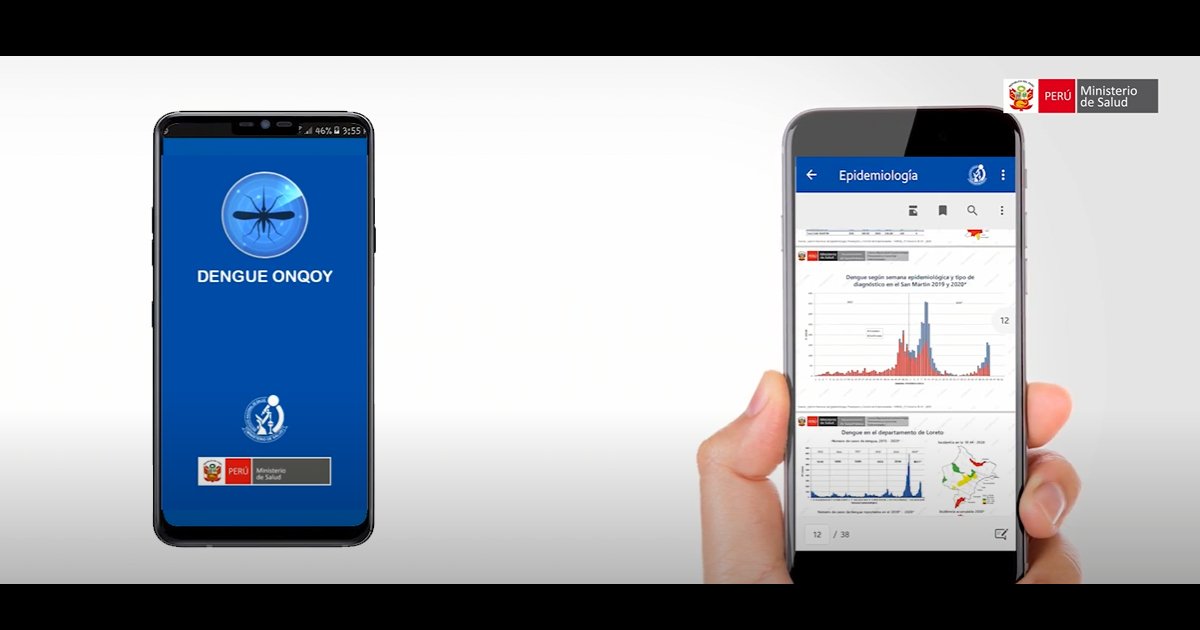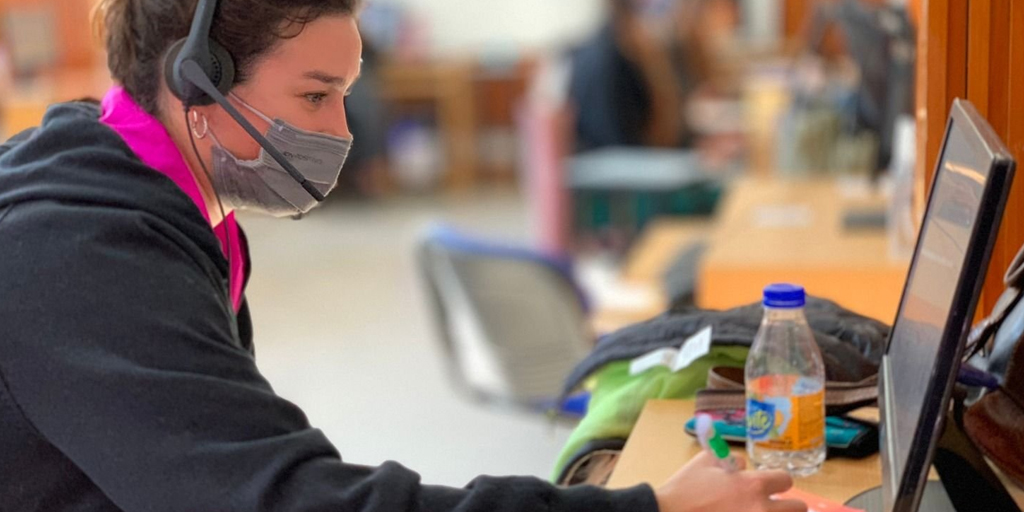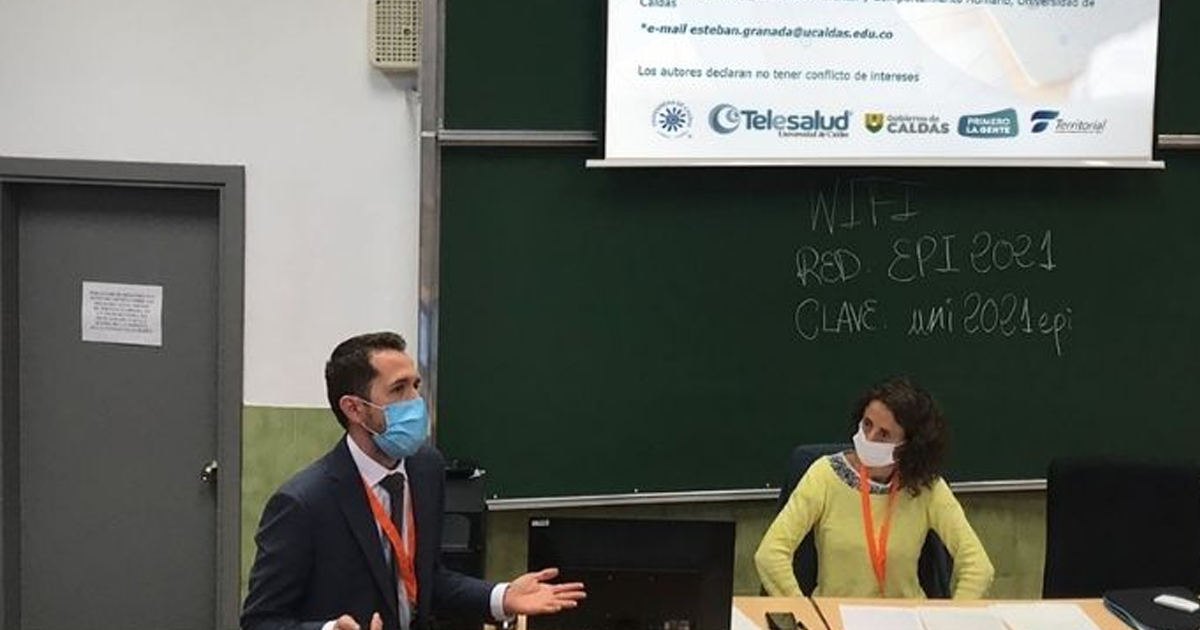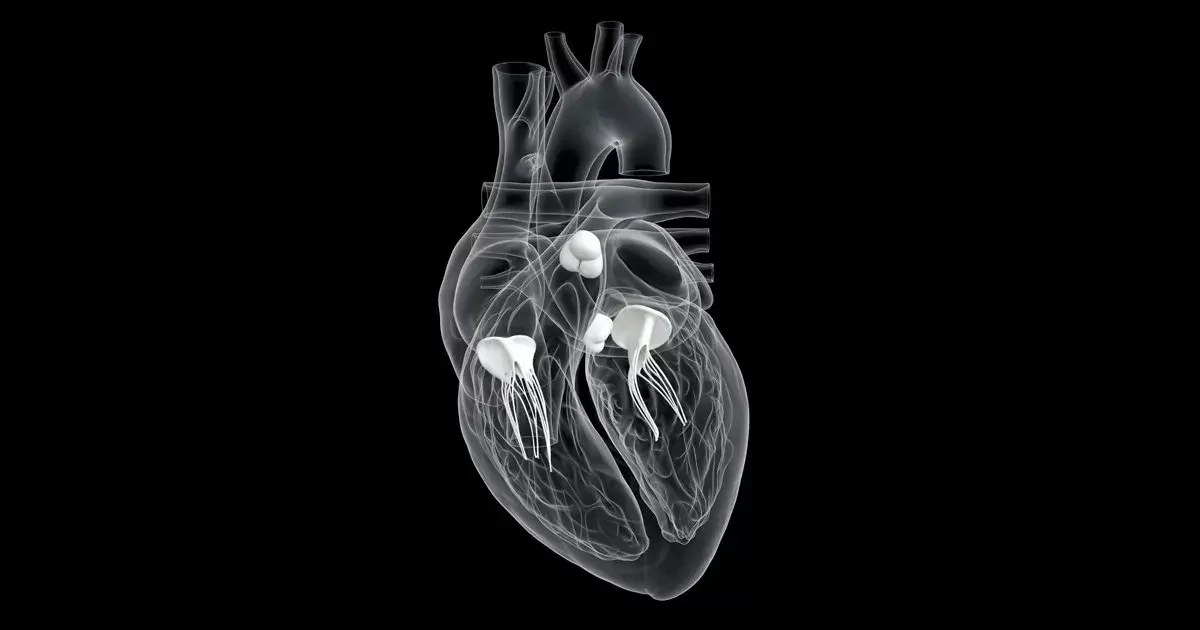Latin America intensifies its inclusion in the new opportunities available for the use of Digital Health. One of its specific practices is to rely on 3D printing for the benefit and support of surgical operations.
The world of science is witness to unprecedented advances that revolutionize the way we interact, communicate and even how we inform ourselves. One of the most interesting achievements is 3D printing, through which innovations in medical technology have been presented.
Some of the countries in Latin America where more attention has been paid to this application are Peru and Argentina. In the latter, the third edition of 3D Printing Week was held within the Technological Institute of Buenos Aires (ITBA).
This type of impression consists in the elaboration of replicas or molds that simulate being the parts of the body to be treated to draw an action guide that allows to mark the correct path in order to reach the desired results during surgery.
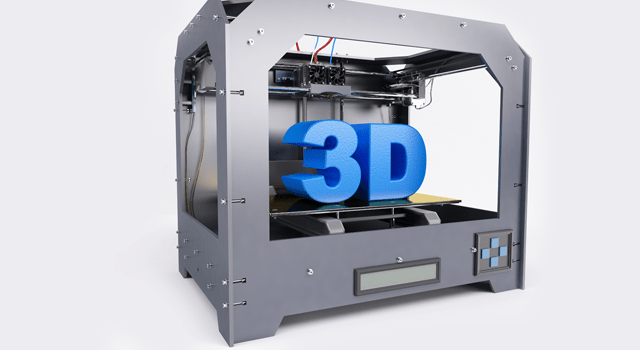
Among the advances that were presented at the event, the placement of facial prostheses, knee splints, and the closing of seamless wounds were the most eye catching. This advances allow an innovative and low-cost production scope, which makes them more accessible to low-income people.
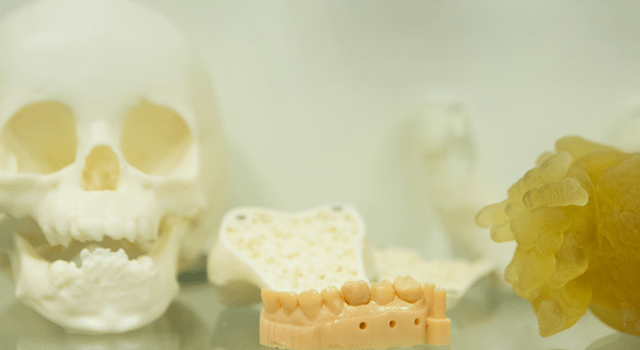
There are three problems for the health sector: the high cost of treatment, the limitation of resources and the growing shortage of medical professionals. All these factors denote a significant decline in the health and care of patients.
3D printing can benefit in all these problems. With the use of this technology not only costs are reduced, but also the speed of production of medical supplements, the efficiency and the personalization of countless treatments can be increased.
In addition to benefiting patients from the use of new technologies, hospitals also have access to better equipment opportunities that previously exceeded huge costs and are now more accessible.
According to studies conducted by DICTUC Chilea technology company, 3D printing has allowed the following benefits to be achieved:
- 25% reduction in operating time in general surgeries
- Increased efficiency in procedures
- Decrease in postoperative periods
- Reduction of surgery time: 25 to 62%
- Reduction of hospital days: 50%
- Anesthesia recovery time reduction: 4.7%
- Reduction of surgery cost center: 50.9%
- Reduction in the use of disposable material for surgery and anesthesia use: 10%
- Total cost reduction: 24.4%
- Reduction of infection and death risks: 50%
Various procedures have benefited from the use of different technological advances, including 3D printing, which has empowered the world of health in recent years. It’s expected that little by little doors will be opened so that everyone can enjoy all these benefits and changes that will renew the way in which we relate to our health and therefore, to our lifestyle.

